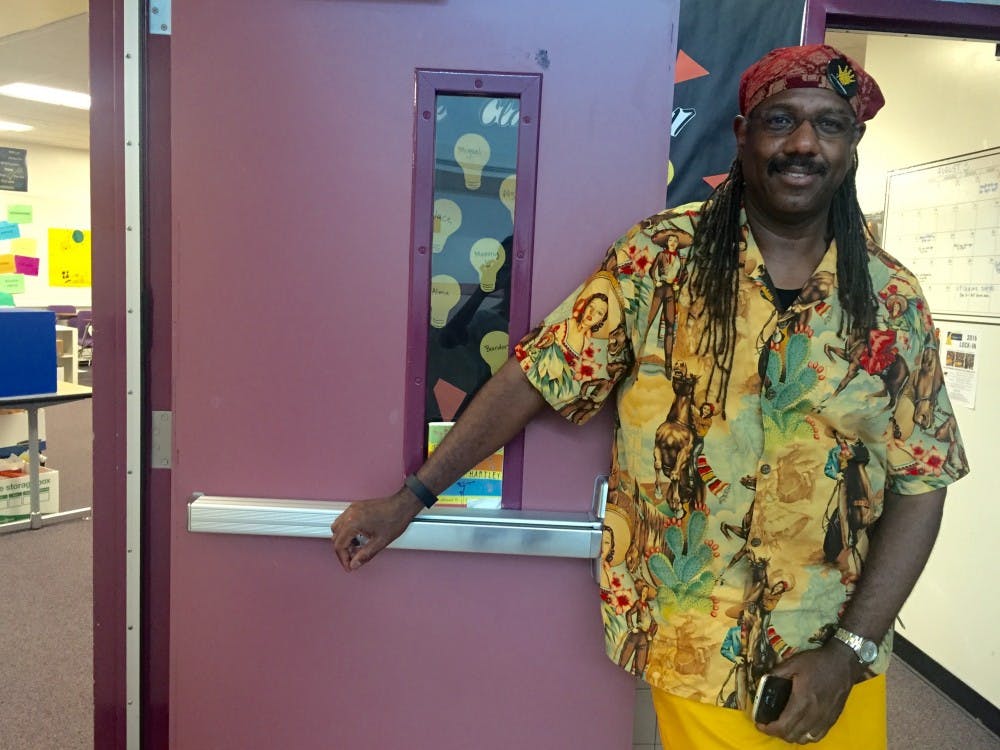From face-painting at "blackout" football games to funny costumes on Halloween, Project Humanities director Neal Lester reveals the various ways cultural appropriation is hidden in our society, including at ASU.
Lester, an ASU English professor, creates a foundation for which students can come together to discuss issues of race and equality. To further explain the issue, Lester hosted a symposium at ASU to enlighten students about cultural awareness.
Not only did he discuss the costumes people wear, but also the language that they use on a daily basis.
“We’re reducing a language or culture to 'cool,'" Lester said.
From Halloween costumes, school mascots, hairstyles, to even an outfit for a concert, people may be unaware when they are being insensitive to another person’s culture.
“You’re temporarily taking on an identity that doesn’t belong to you, that you don’t understand the history of,” ASU faculty member Ben Clark said. “And that’s usually connected to some history of oppression that you don’t necessarily understand or have any experience with.”
Business senior Emily Ratliff said she feels the issue is caused by people misunderstanding the difference between cultural appropriation and cultural appreciation.
“You don’t put someone’s culture on, then take it off,” she said. "The idea of cultural appropriation stems from a group of people who aren’t aware of their actions when they are wearing another culture."
One may wear costume or a certain hairstyle because it’s the current trend right now, but Lester said "there is no real understanding of where it comes from and the history of the people."
However, Lester said this goes beyond racial issues: “We’re not just talking about culture in terms of ethnicity. We’re talking about culture more broadly.”
Lester also emphasizes the case of ableist language, which is any word or phrase used by a person that devalues someone with disabilities.
More often than not, the words “insane” and “crazy” are thrown around without any thought of its context.
“All those things are an identity for a group of people that we don’t even think about,” Lester said. “This is not about white people. This is about people in the ways of which language either reflects our thinking or unthinking.”
Lester explained that culture encompasses issues such as ableism, ageism, gender and religion, urging the audience to critically think about the way they viewed the term culture. Ending on a positive note, he instilled hope in others by encouraging cultural awareness and being conscious of one's language.
“What we don’t imagine we will do is solve all the problems,” Lester said. “But what we do hope is that people will be more mindful, and more thoughtful, and more aware of the importance of language.”
Reach the reporter at sctruong@asu.edu or follow @shawnatruong_ on Twitter.
Like The State Press on Facebook and follow @statepress on Twitter.




